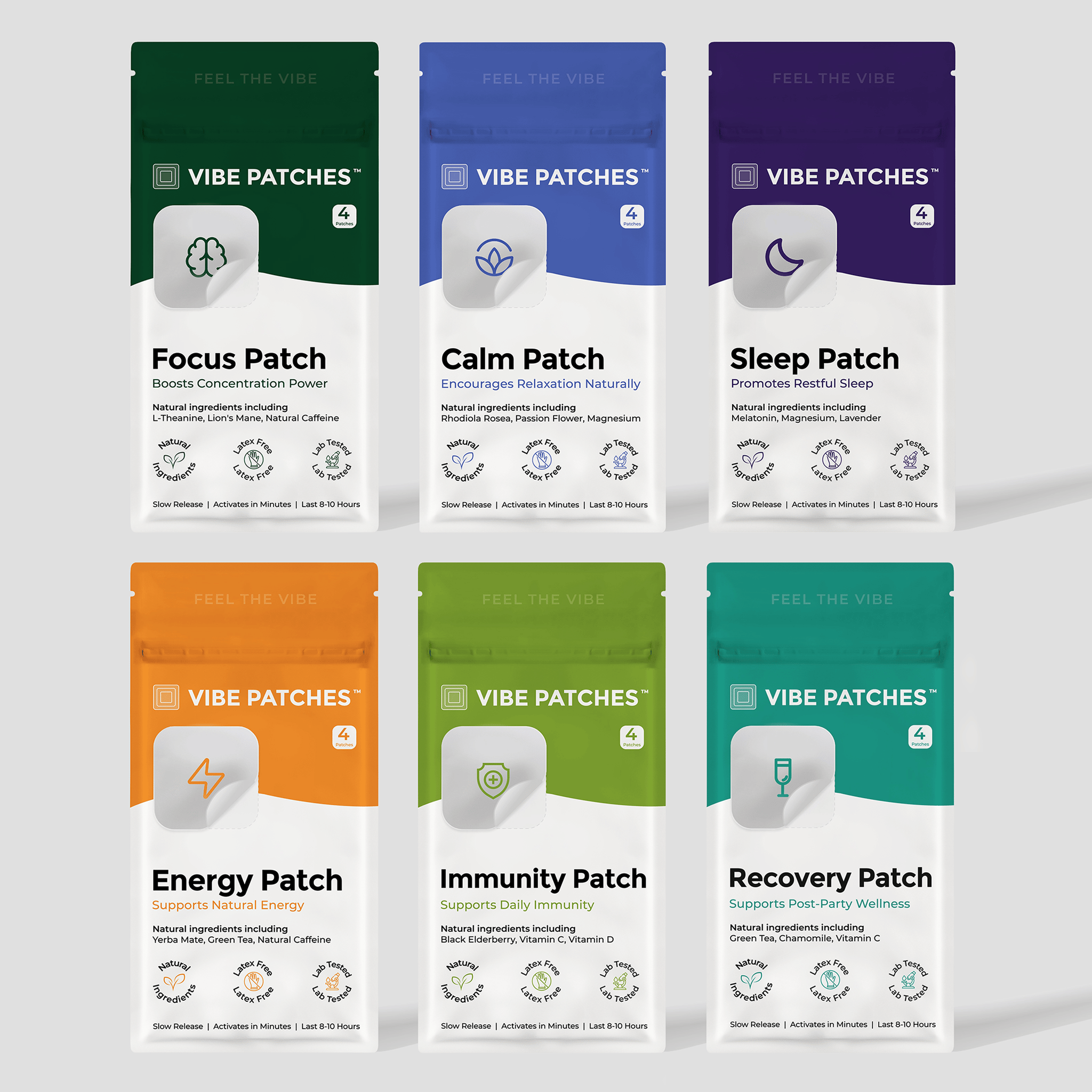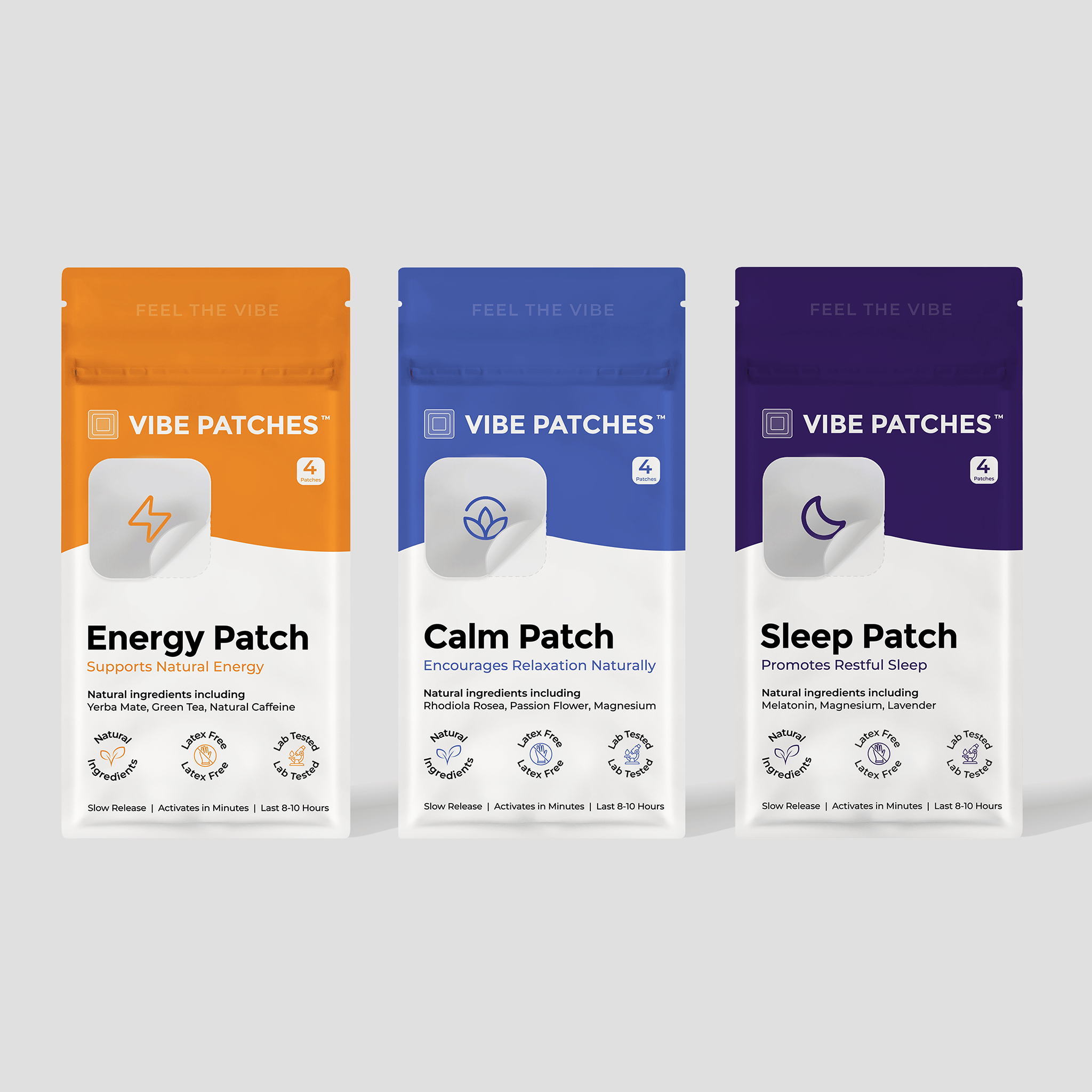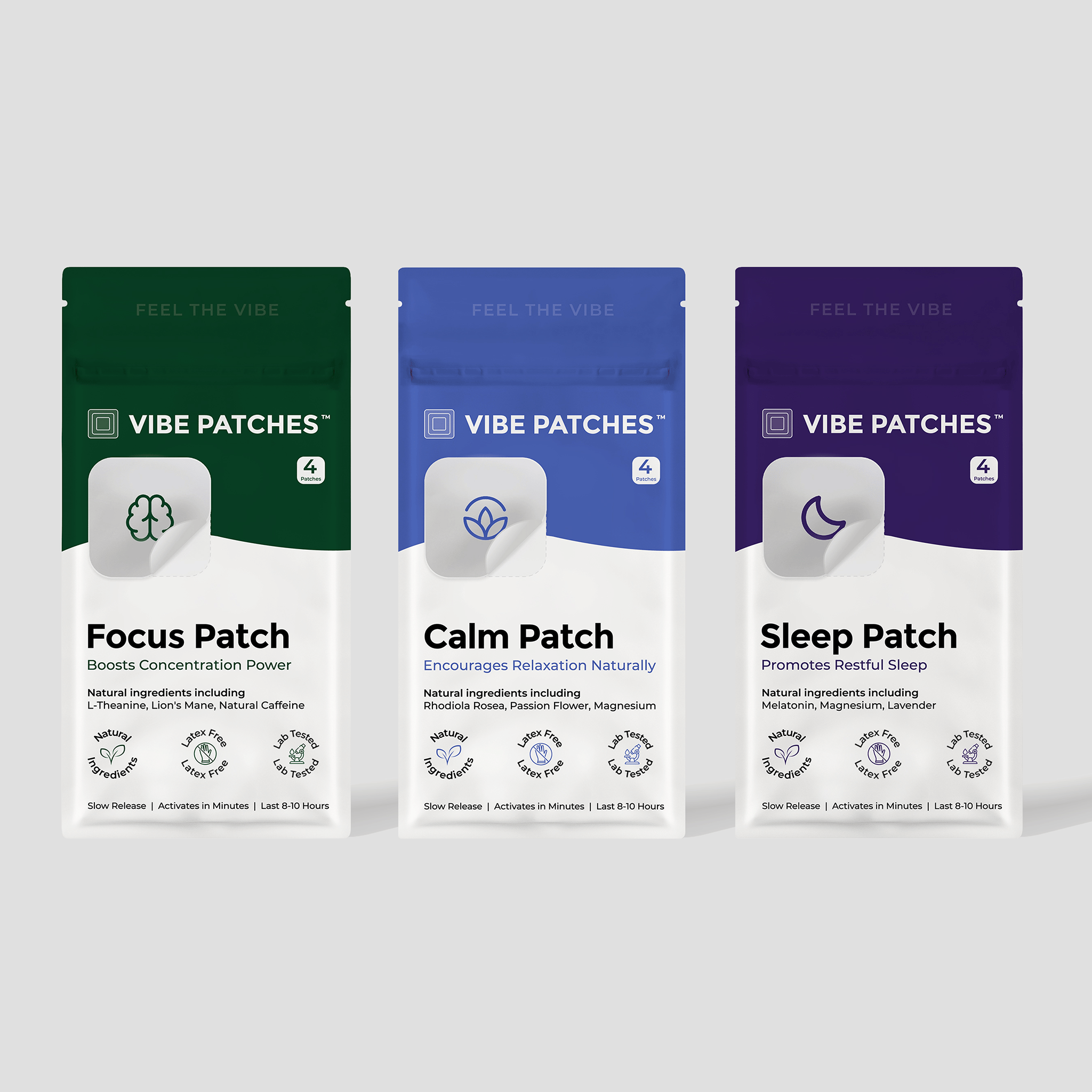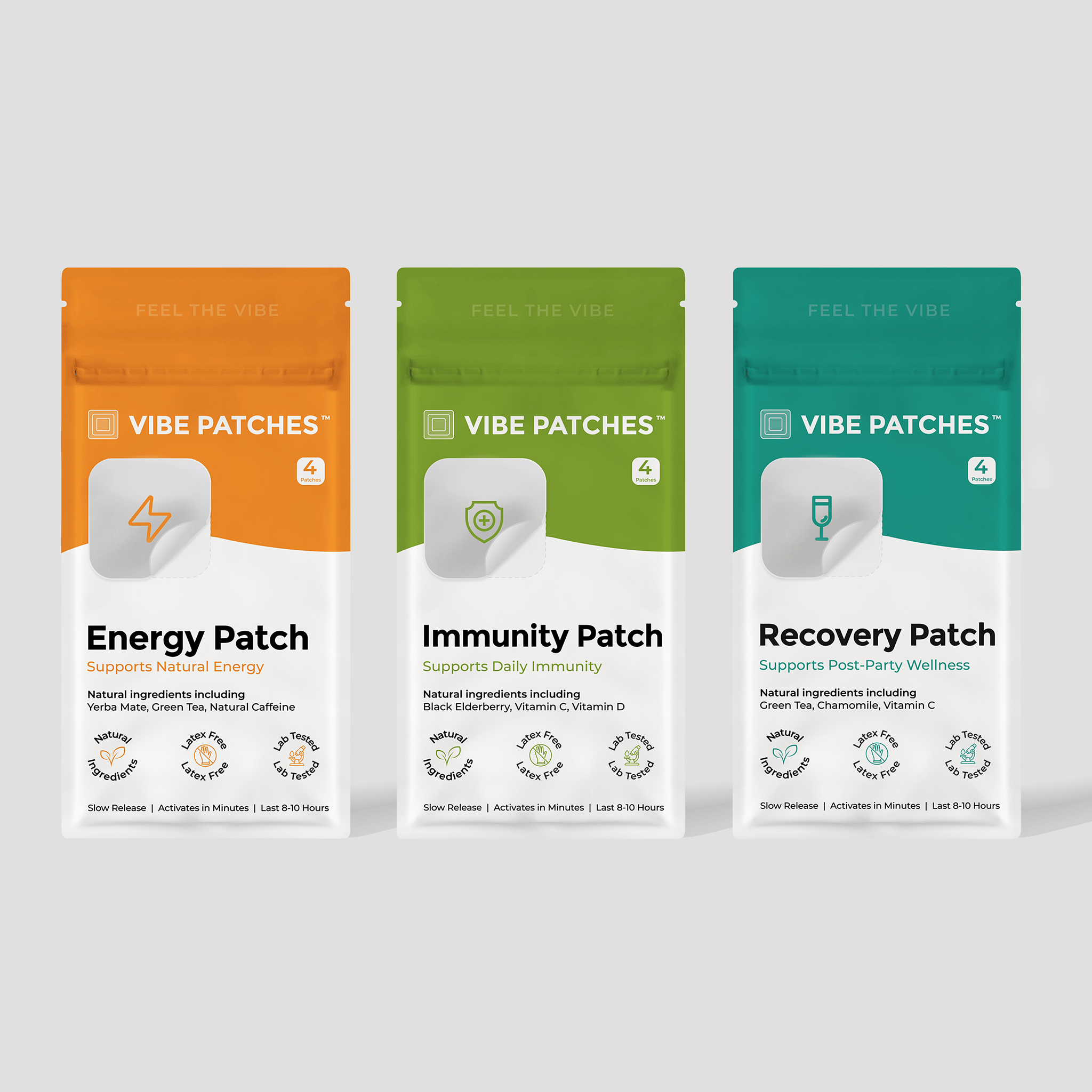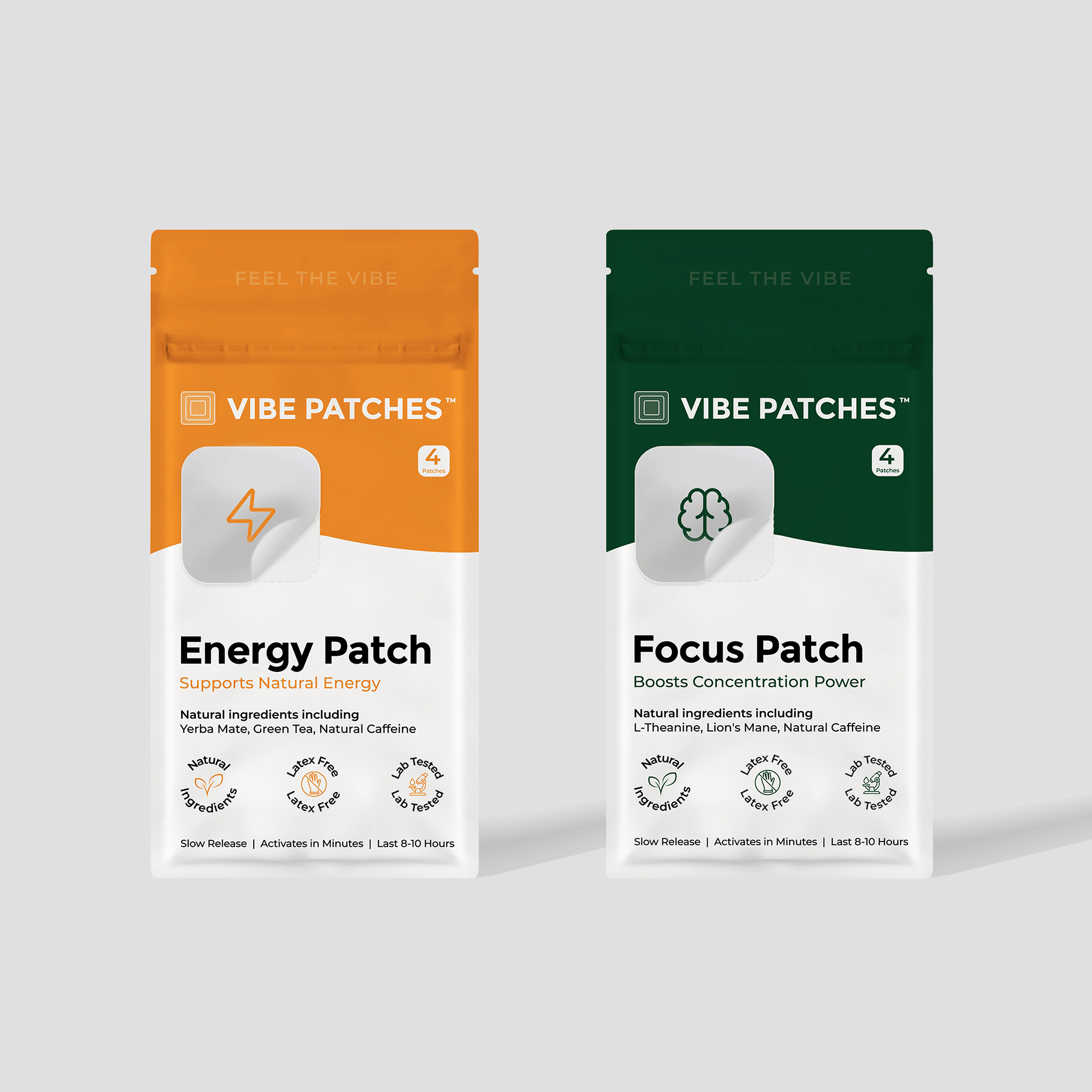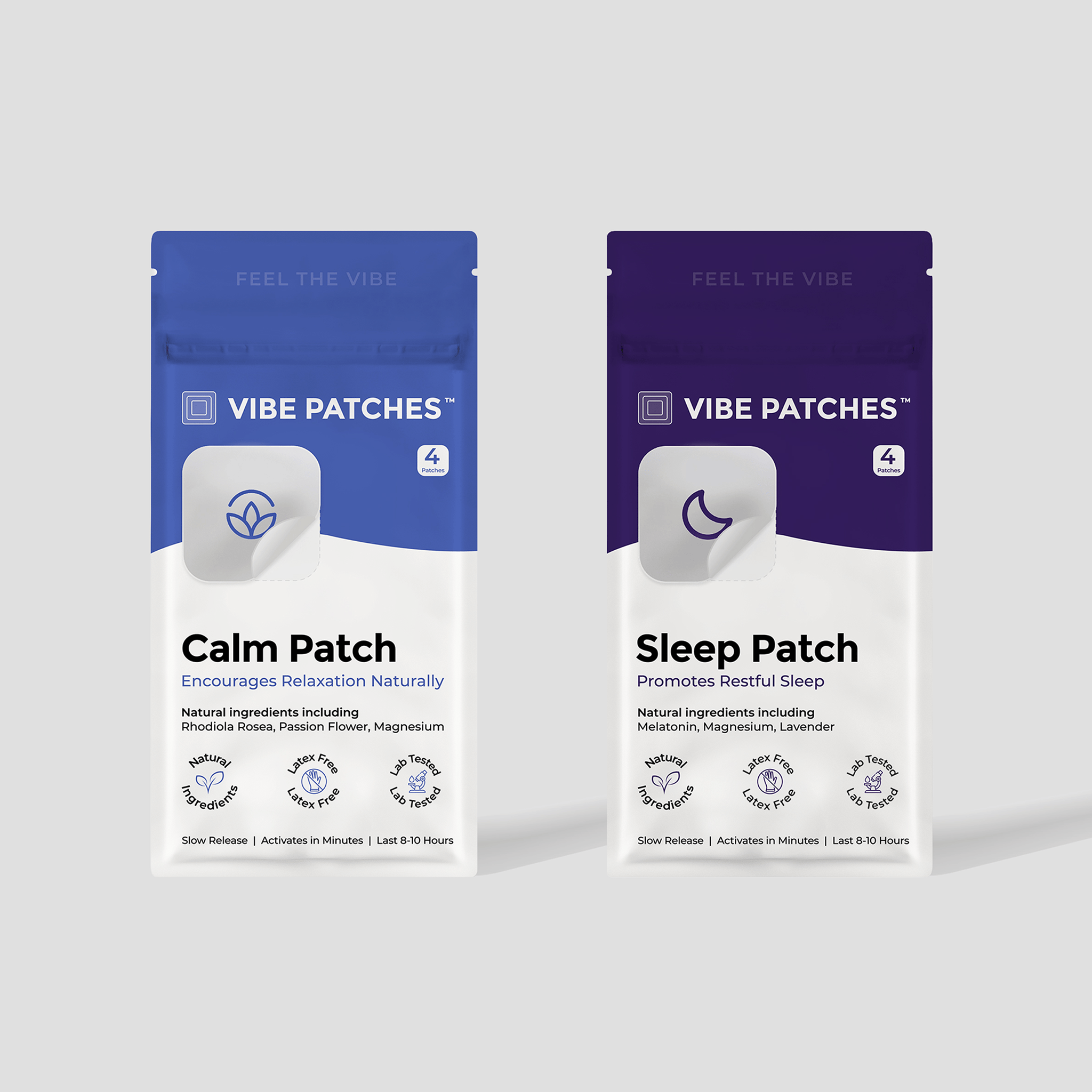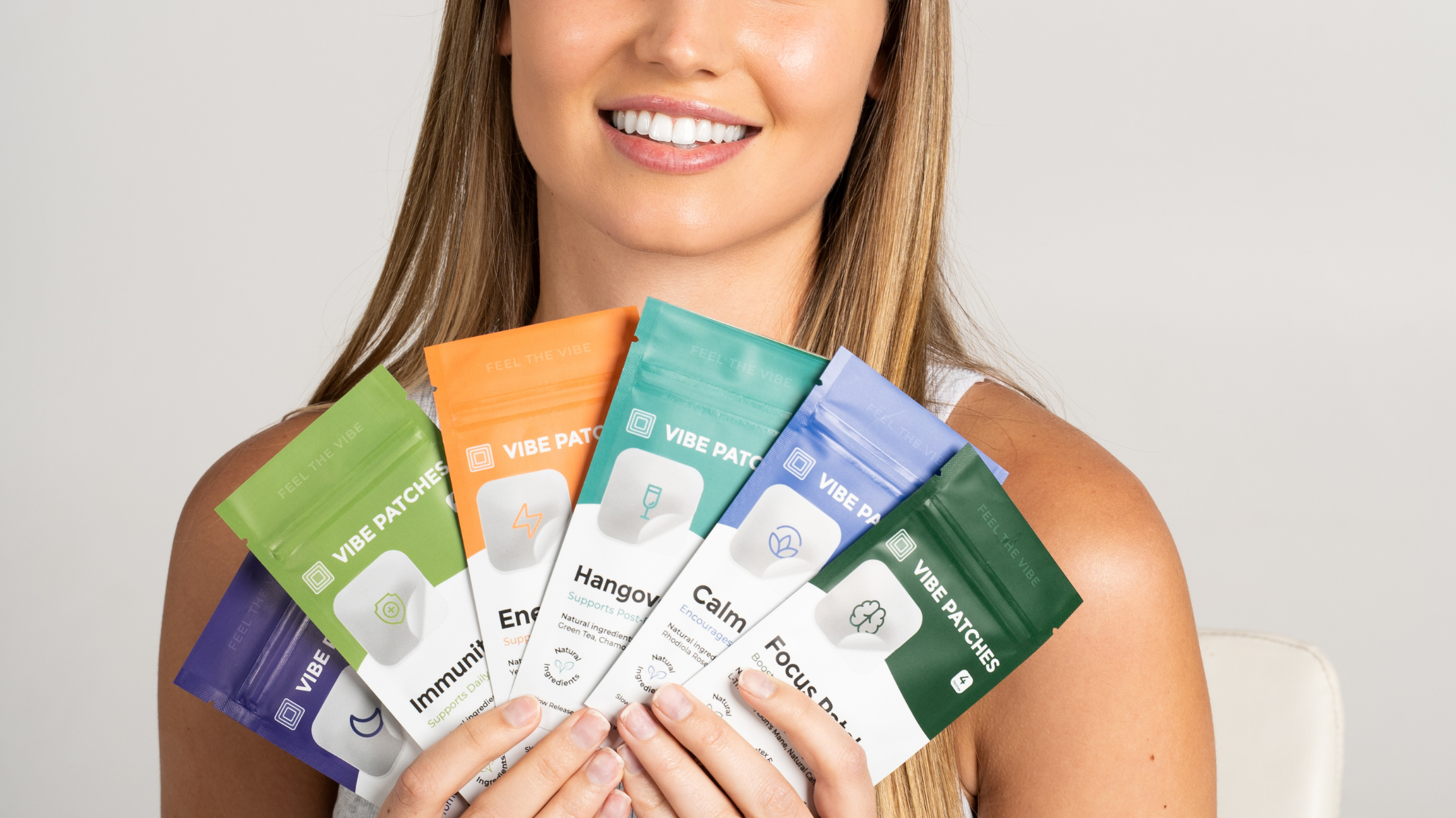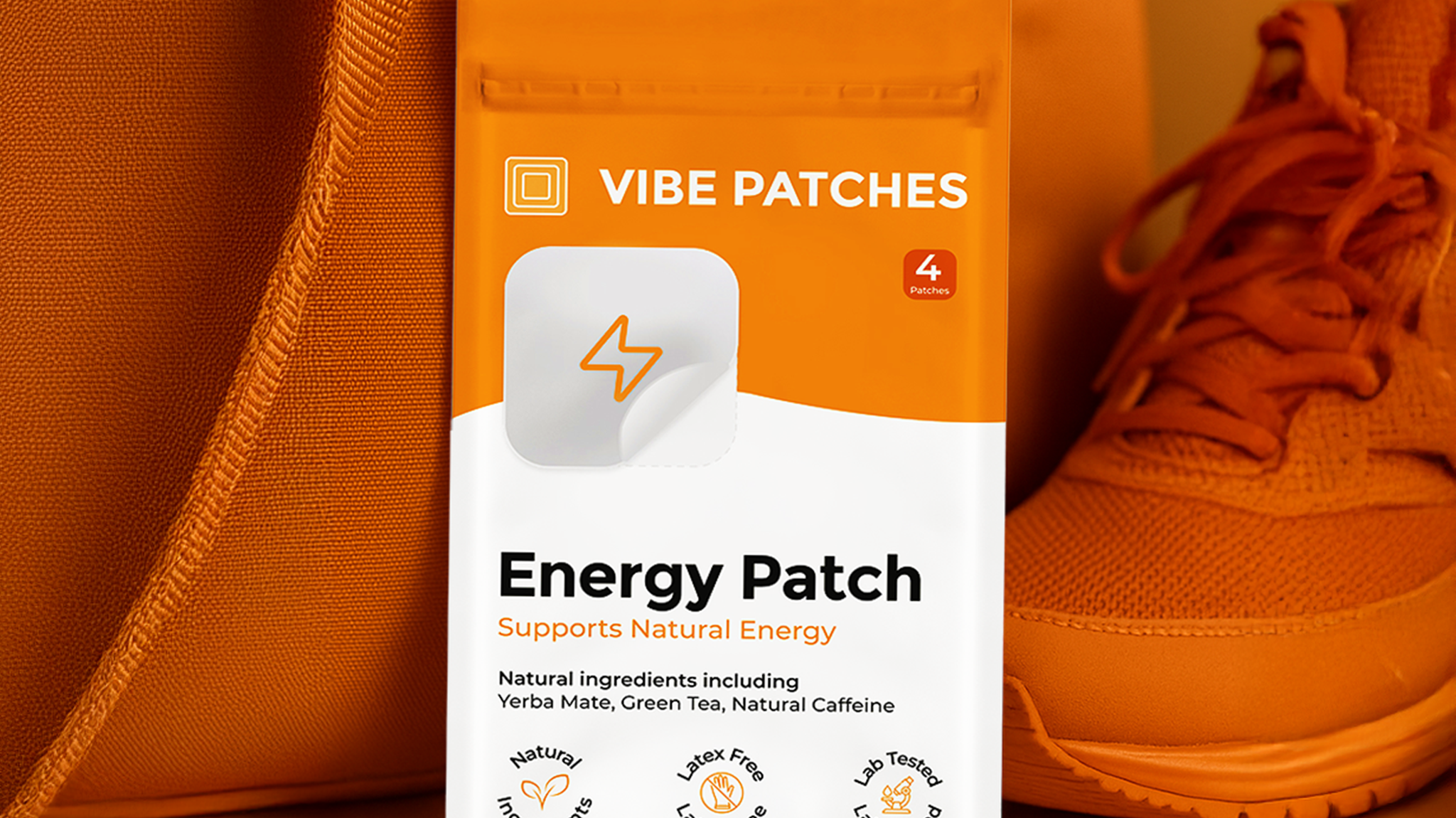You reach for an energy drink expecting a surge of focus and stamina, only to find yourself battling unexpected fatigue. What gives? Whether you’re a gamer, a fitness enthusiast, or a busy professional, the mystery of post-energy drink tiredness is a common—and frustrating—experience. Is it the sugar crash, caffeine overload, or something else entirely? Let’s unravel the myths and explore the surprising reasons energy drinks might be making you tired, empowering you with the knowledge to make smarter, healthier choices.
What Are Energy Drinks?
Energy drinks are beverages formulated to boost alertness, concentration, and physical performance, typically by combining high levels of caffeine with ingredients like sugar, taurine, B-vitamins, and herbal extracts such as guarana or ginseng. Marketed as quick fixes for fatigue and mental fog, these drinks are especially popular among students, athletes, gamers, and busy professionals seeking a rapid energy lift. While their stimulating effects can be noticeable, the actual impact varies widely depending on individual tolerance, the specific blend of ingredients, and how the body metabolizes them.
Why Do Energy Drinks Make Me Tired?
Energy drinks can make you feel tired for several reasons, despite their reputation for providing a quick energy boost. The high caffeine content initially stimulates your nervous system, but as its effects wear off, you may experience a sharp drop in alertness—often called a “crash.” Many energy drinks are also loaded with sugar, which causes rapid spikes and subsequent crashes in blood sugar levels, leaving you feeling sluggish. Additionally, excessive caffeine can disrupt your sleep quality and dehydrate your body, both of which contribute to fatigue. Individual factors like caffeine tolerance, genetics, and overall health also play a role, meaning not everyone will react the same way to these beverages.
Energy Drink Facts
- Caffeine Can Cause a Crash: While caffeine initially boosts alertness, it can lead to a sudden drop in energy—known as a “crash”—once its effects wear off, especially if consumed in large amounts.
- Sugar Spikes and Crashes: High sugar content in many energy drinks can cause rapid spikes in blood sugar, followed by sharp drops that leave you feeling tired and sluggish.
- Caffeine Tolerance Builds Quickly: Regular consumption of energy drinks can lead to increased tolerance, meaning you need more caffeine to feel the same effects, and may experience more fatigue when you don’t get it.
- Dehydration Is Common: Caffeine is a diuretic, which can increase fluid loss and contribute to dehydration—a common cause of fatigue after drinking energy drinks.
- Individual Responses Vary: Genetics, metabolism, and overall health all influence how your body reacts to energy drinks, so not everyone will experience the same effects.
Energy Drink Myths
- More Caffeine Always Means More Energy: Consuming extra caffeine doesn’t guarantee more energy; too much can actually make you feel jittery, anxious, or exhausted.
- Energy Drinks Are Hydrating: Despite their liquid form, energy drinks can actually contribute to dehydration due to their caffeine and sugar content.
- All Energy Drinks Are the Same: Ingredients and their effects vary widely between brands and formulas, so not all energy drinks impact your body in the same way.
- Energy Drinks Are Safe for Everyone: These beverages can pose health risks, especially for young people, those with heart conditions, or anyone sensitive to caffeine.
- Energy Drinks Replace Sleep: No energy drink can substitute for the restorative power of real sleep; relying on them to stay awake can worsen fatigue over time.
What Are the Most Common Ingredients in Energy Drinks?
Energy drinks typically contain a blend of ingredients designed to boost energy and alertness, with caffeine serving as the primary stimulant to enhance focus and temporarily reduce fatigue. High amounts of sugar are often included to provide a quick energy surge, though this can lead to rapid spikes and crashes in blood sugar levels. Taurine, an amino acid naturally found in the body, is added for its potential benefits to mental performance and cardiovascular health, although its effectiveness in energy drinks remains debated. B-vitamins, such as B6 and B12, are essential for converting food into energy and are commonly included to support metabolism and combat tiredness. Additionally, guarana, a plant extract rich in caffeine, is frequently used to amplify and prolong the drink’s stimulating effects.
Can Overstimulation From Caffeine Lead to a Crash in Focus and Mood?
Yes, overstimulation from caffeine can absolutely lead to a crash in both focus and mood. When you consume high doses of caffeine, your body experiences a surge in alertness and energy as your central nervous system is stimulated. However, this heightened state is temporary; as the caffeine wears off, your brain’s neurotransmitter levels can drop sharply, resulting in feelings of fatigue, irritability, and difficulty concentrating. This “crash” effect is often more pronounced if you consume large amounts of caffeine in a short period or if your body is already sensitive to stimulants. Over time, repeated overstimulation can also disrupt your natural sleep patterns and further impact your mood and cognitive performance.
What Are The The Best Alternatives and Natural Remedies For Energy?
|
Alternative/Natural Remedy |
How It Works |
Benefits |
|
Delivers natural energy-boosting ingredients through the skin for sustained release. |
Steady energy, no jitters, convenient use |
|
|
Hydration (Drinking Water) |
Maintains optimal body function and prevents fatigue caused by dehydration. |
Boosts alertness, supports metabolism |
|
Balanced Meals with Complex Carbs and Protein |
Provides a steady release of glucose for long-lasting energy. |
Sustained energy, improved focus |
|
Short Physical Activity (e.g., brisk walk, stretching) |
Increases blood flow and oxygen to the brain and muscles. |
Immediate energy lift, mood enhancement |
|
Power Naps (10–20 minutes) |
Allows the brain to recharge without entering deep sleep cycles. |
Restores alertness, improves performance |
|
Adaptogenic Herbs (e.g., ginseng, ashwagandha, rhodiola) |
Helps the body adapt to stress and supports balanced energy levels. |
Reduces fatigue, enhances resilience |
Can Natural Methods Like Better Sleep, Exercise, and Stress Management Boost Energy Levels More Effectively?
Absolutely, natural methods such as prioritizing quality sleep, engaging in regular exercise, and practicing effective stress management can significantly boost energy levels—often more sustainably than quick fixes like energy drinks. Consistent, restorative sleep allows your body and mind to recover, while physical activity increases circulation and releases endorphins that naturally enhance alertness and mood. Managing stress through techniques like mindfulness, deep breathing, or time in nature helps prevent the mental and physical exhaustion that drains energy. Together, these habits not only improve daily vitality but also support long-term health, making them powerful and reliable strategies for maintaining high energy levels.
Tips For Boosting Energy Levels Without Energy Drinks
- Energy Patch: This innovative patch delivers natural, sustained energy through your skin, helping you stay alert without the jitters or crashes associated with traditional energy drinks.
- Prioritize Quality Sleep: Aim for 7–9 hours of restful sleep each night to allow your body and mind to fully recharge, supporting consistent energy throughout the day.
- Stay Hydrated: Drinking enough water prevents dehydration, which is a common cause of fatigue and sluggishness.
- Incorporate Regular Physical Activity: Even short bursts of movement, like a brisk walk or stretching, can increase circulation and boost your energy and mood.
- Eat Balanced Meals and Snacks: Focus on whole foods with complex carbohydrates, lean proteins, and healthy fats to provide steady, long-lasting energy without sudden crashes.
Conclusion
Energy drinks may promise a quick fix for fatigue, but the reality is often more complicated—leaving many people feeling even more tired after the initial rush fades. Understanding the science behind caffeine crashes, sugar spikes, and individual tolerance can help you make smarter choices about how to fuel your body. By embracing natural strategies like quality sleep, balanced nutrition, regular exercise, and innovative alternatives such as the Vibe Energy Patch, you can achieve sustained energy without relying on quick fixes that may backfire. Ultimately, prioritizing your overall well-being is the most effective way to maintain high energy levels and thrive in your daily life.
Final Thoughts
Looking for a more effective way to maintain your energy and well-being throughout the day? Vibe Patches delivers innovative wellness solutions with their easy-to-use patches, designed to support you from morning to night. Whether you want to recover quickly with the Hangover Patch, stay calm with the Calm Patch, boost your energy with the Energy Patch, or sleep soundly with the Sleep Patch, you’ll find a patch tailored to your needs. Check out the complete Vibe Patches collection and discover how simple it is to enhance your wellness routine with targeted, on-the-go support.
Sources


